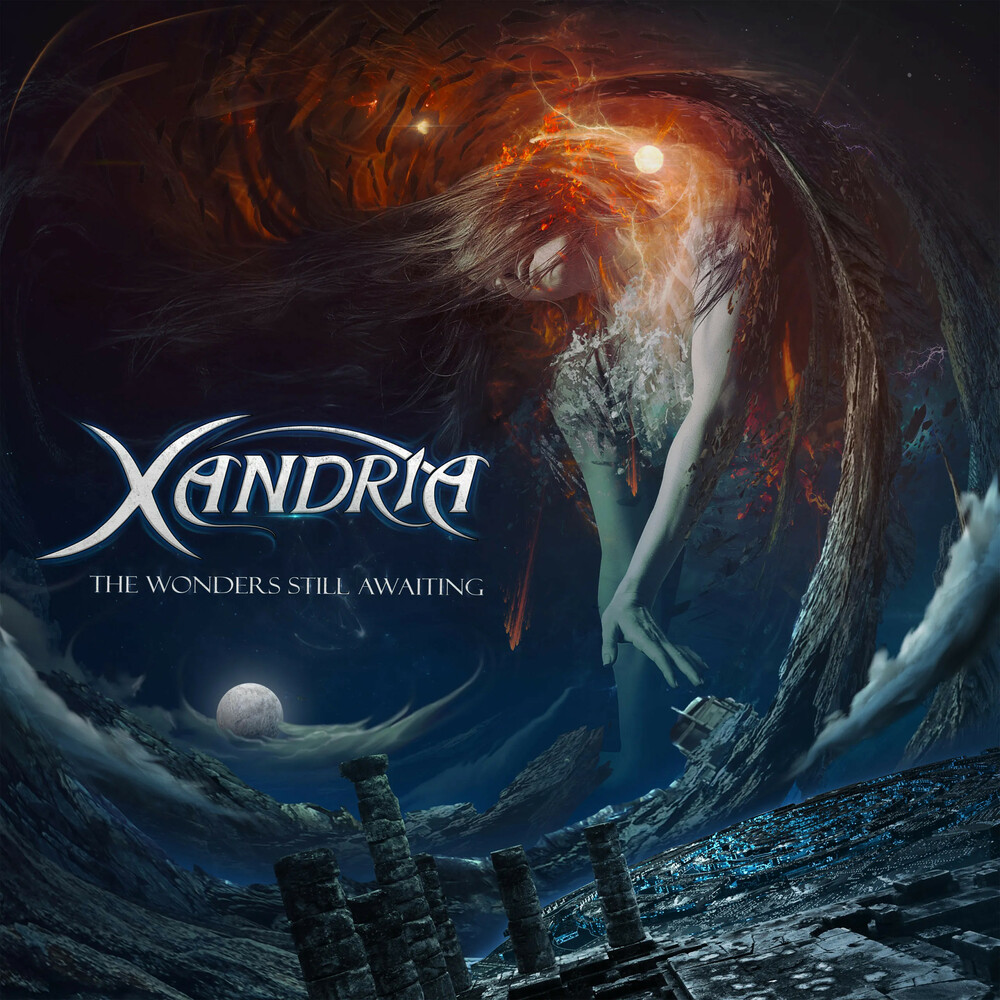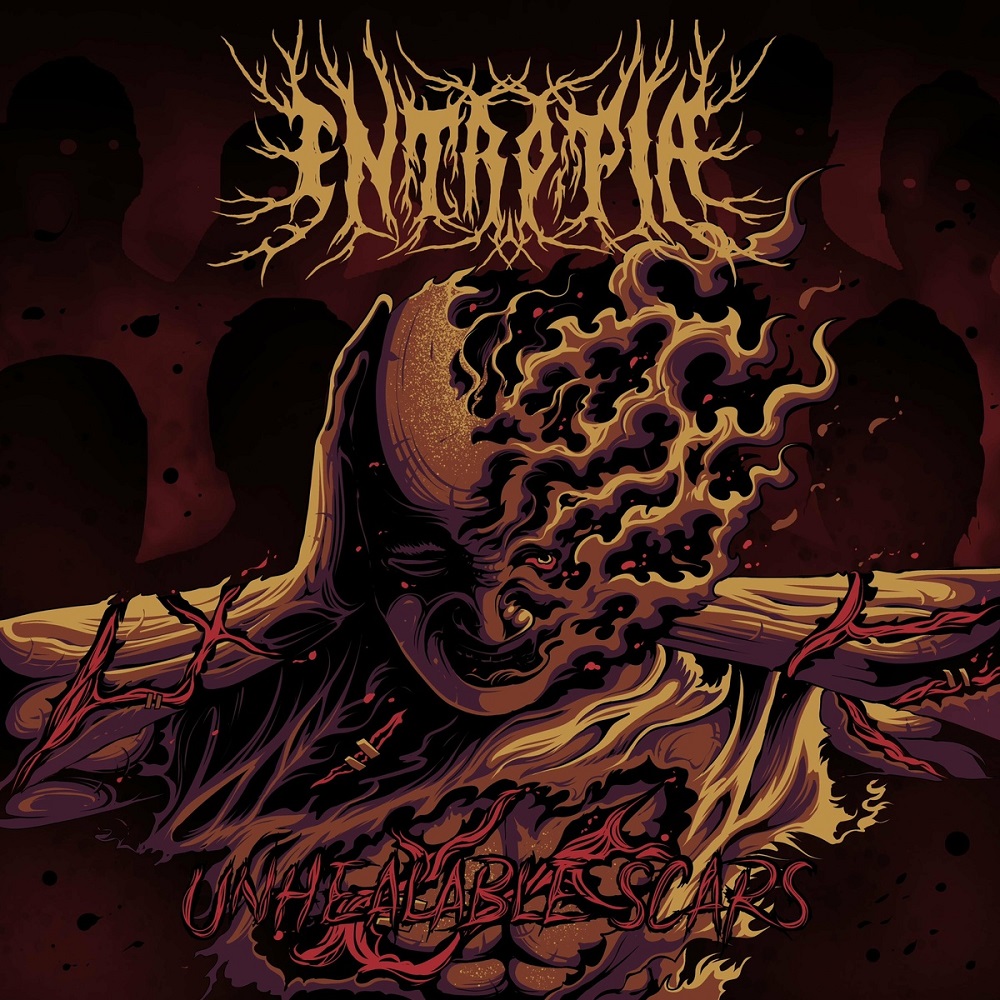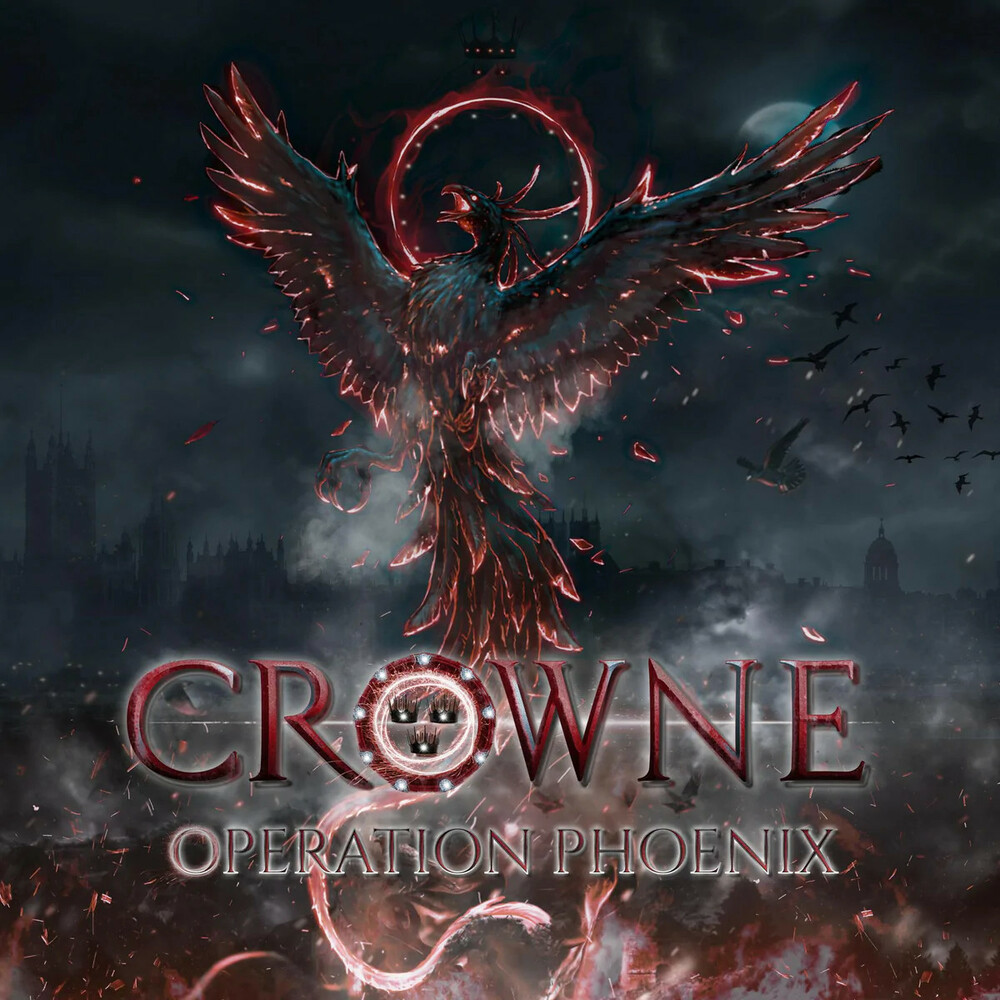 |
Country: Brazil/Argentina
Style: Doom Metal
Rating: 7/10
Release Date: 22 Jan 2023
Sites: Instagram | Metal Archives
Well, this found me at just the right moment. Last week ended with albums that are clearly slick and capable and professional, attributes that bands strive towards, but they just left me dry. I'm talking especially about Ten and Xandria and I'm very happy to say that this second album by Spell Garden is the precise opposite and felt like a breath of fresh air. They're an international team up between one musician from Argentina and two from Brazil who play a form of doom metal that's not averse to dropping down into stoner rock and this is their second album.
Most crucially, even for a second album, it's not remotely slick. There are rough edges to be found all over this release, details that other bands would have polished smooth and gleaming, but they make this sound real. I felt this music and, at the end of the day, it doesn't matter how technically brilliant you are, your job is to make people feel what you do. Spell Garden succeed magnificently at that. Ten and Xandria might impress stadiums with shows. I'd much prefer be at a club the size of my front room being deafened by Spell Garden with a stout in my hand.
Now, rough edges don't mean that Spell Garden are free of subtleties. While much of this appears to be a power trio plugging in and recording live in the studio, there are layers behind these three musicians. I don't just mean the swirling atmospheric keyboards on Mars Crimson Mountain which aren't surprising at all; I'm thinking of the violins on Lilith and the way that song drops into piano to finish up. The acoustic Spanish guitar during the intro, Daughter of the Storm, points the way to that sort of thing and it's over far too soon. It's important to note that the band don't overdo the textures. They're there when they're needed and then they get back to the crunch.
The biggest success here are the riffs, which come courtesy of Raphael Santos. These go way back to the early days of Black Sabbath in style but remind of latter days because they're so simple but effective. Back in the late eighties, I remember wondering how Tony Iommi could keep generating such effortlessly simple riffs over and over again. He'd already invented the genre and bands had been mining it for a couple of decades, but they'd all missed this simple riff and that one and the next one too. Somehow only Iommi and precious few others had access to more. Well, Santos can be added to that list. It's 2023, people. How has nobody conjured up riffs like those on Lilith, Spell Garden and Black Chapter before?
A less obvious success but a clear success nonetheless are the drums of Allan Caique. For much of the album, he's not doing anything flash, but I love the cymbal sound and he does delightful work with those cymbals on Dogma and Ritual of High Magic and especially during the breakdown late in Mars Crimson Mountain. I adore how the latter works its way to a logical conclusion, only for the cymbals to keep going until the band ramps back up and Santos launches into a brief guitar solo. It reminded me of some of what Michael Giles did on the first King Crimson album.
Less successful are the vocals, but I need to explain. Two musicians share vocal duties here and I'm not sure which is which, but there's a clean voice and a harsh voice. The clean voice shows up first, on Goddess Roots, the first track proper, and it's capable if hardly spectacular. It shows a lot more character on Spell Garden, because it's emphasised, rather like a heavily accented South American Iggy Pop recorded guerrilla style. The harsh voice is great when it's an accent, as on Spell Garden, but less effective when it's the lead, as on Black Chapter, because too much of it at any one time is a clear indicator of how limited it actually is.
And here's where rating systems prove frustrating. I gave Ten and Xandria 7/10s because both are highly capable releases that ought to please their respective fanbases. This is rougher around the edges with less clear mature songwriting and flaws that are easy to highlight, but I enjoyed it far more than either of those slicker albums. So, while I felt bad at giving those a high rating of 7/10, I feel bad at giving this a low rating of 7/10. So it goes. I guess this is where words come into play...








